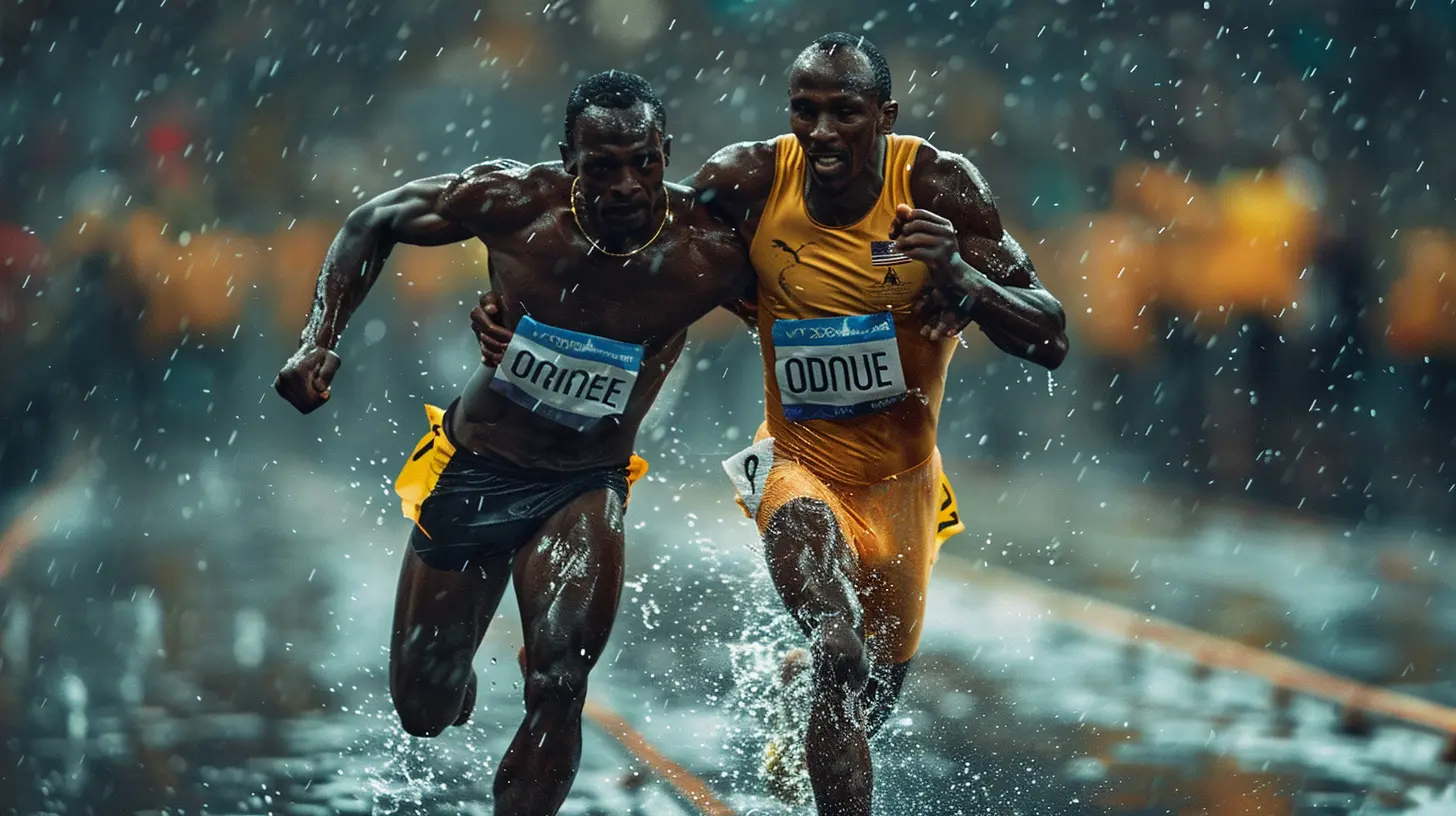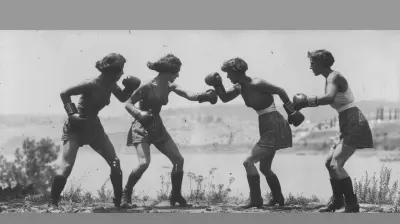The Power of Sportsmanship at the Olympic Games
7 July 2025
Sportsmanship is more than just a handshake at the end of a match—it's the very essence of what makes the Olympic Games so powerful. The Games aren’t just about breaking records and winning gold; they’re a global celebration of respect, friendship, and fair play.
While the headlines often focus on who stood on the podium, the real magic of the Olympics happens in the moments of true sportsmanship—when athletes put honor above victory, compassion over competition, and humanity before medals. So, let’s dive into why sportsmanship is the heartbeat of the Olympic Games and why it matters just as much as winning. 
What Is Sportsmanship, Really?
Sportsmanship isn’t just about following the rules—it’s about the attitude and respect athletes bring to the game. It’s shaking hands with an opponent, helping a rival up after a fall, or even sacrificing personal glory to ensure fairness.At its core, sportsmanship is about integrity. It’s the unwritten code that reminds us that sports are more than just competition—they’re a universal language of respect and admiration. 
Olympic Stories That Defined True Sportsmanship
To truly understand the power of sportsmanship at the Olympic Games, let’s take a look at some of the most unforgettable moments where athletes showed that winning isn’t everything.1. The Ultimate Act of Fair Play – Jesse Owens & Luz Long (1936)
Picture this: The year is 1936, and Nazi Germany is hosting the Olympics. Adolf Hitler expects the German athletes to dominate, especially in track and field. But then comes Jesse Owens, an African-American sprinter and long jumper from the USA, who stuns the world by winning four gold medals.In the long jump event, Owens struggled with his qualifying attempts. Enter Luz Long—a German athlete and Hitler’s supposed golden boy. Instead of reveling in Owens’ struggle, Long walked up to him and gave him some advice on how to adjust his takeoff mark. Owens followed the advice and went on to win gold.
Long could have kept his knowledge to himself, but he chose sportsmanship over nationalism. The two became good friends, proving that respect for a competitor transcends borders, politics, and prejudice.
2. Abbey D’Agostino & Nikki Hamblin – Helping Each Other to the Finish Line (2016)
The 2016 Rio Olympics gave us one of the most heartwarming moments of pure sportsmanship. During the women’s 5000m race, New Zealand’s Nikki Hamblin tripped and fell, taking down American runner Abbey D’Agostino with her. While most athletes would have gotten up and kept running, D’Agostino turned her focus to Hamblin, helping her to her feet.Despite being injured, D’Agostino insisted they finish the race. Hamblin, touched by the kindness, returned the favor when D’Agostino fell again due to her knee injury, encouraging her to keep going.
Neither of them won a medal that day, but their selflessness earned them international admiration and the prestigious Pierre de Coubertin Medal—an award given for exceptional sportsmanship.
3. When High Jumpers Shared Olympic Gold (2021)
Tokyo 2021 gave us an unforgettable display of camaraderie. In the men’s high jump final, Mutaz Essa Barshim of Qatar and Gianmarco Tamberi of Italy were locked in an incredible battle. Both had cleared the same height without a single failure, but neither could surpass the next mark.Instead of continuing with a jump-off, Barshim asked the official, “Can we have two golds?” When the official nodded, the two athletes instantly embraced in sheer joy. They had pushed each other to their limits, and instead of competing for sole glory, they chose to share the victory.
That moment showcased what the Olympics are all about—not just competing against each other, but competing with each other. 
Why Sportsmanship Matters More Than Ever
In a world that often feels divided, sportsmanship reminds us of the values that unite us: kindness, respect, and fairness. The Olympic Games serve as a rare arena where athletes from around the world put aside differences and compete with dignity and honor.But why is this so important?
1. It Inspires Future Generations
When young athletes watch Olympians choosing honor over victory, they learn that true success isn’t just about standing on the podium—it’s about how they play the game. These acts of sportsmanship create role models, proving that being a good human being matters just as much as talent and skill.2. It Strengthens the Spirit of Unity
The Olympics bring together people from every race, religion, and background, showing the world that competition doesn’t have to be cutthroat. Genuine sportsmanship bridges divides and reminds us that beneath the national flags, we’re all human.3. It Demonstrates That Character Wins Over Medals
Olympic records fade, but moments of true sportsmanship are remembered forever. Athletes who demonstrate kindness and integrity leave behind a legacy far greater than any medal could offer.
How Athletes Can Showcase Sportsmanship
So, how can athletes (and even regular sports fans) embody the spirit of sportsmanship in their everyday lives?- Encourage and respect opponents – A simple “good game” or handshake can go a long way.
- Celebrate effort, not just victories – Applauding an opponent’s skill shows real class.
- Help when needed – Whether it’s a fallen competitor or a fellow athlete struggling, small acts of kindness define true greatness.
- Play fair – Winning through honest effort is far more rewarding than cutting corners.
Being an athlete isn’t just about competing—it’s about honoring the game and those who play it.
The Lasting Legacy of Olympic Sportsmanship
At the end of the day, the Olympic Games are about more than gold medals and world records. They are about moments that inspire, unite, and remind us of the best of humanity.Sportsmanship is the soul of the Olympics. It’s what makes these Games unforgettable—not just for the athletes but for millions watching worldwide.
So, the next time you watch the Olympics, keep an eye out for the moments that don’t make the highlight reel but leave a lasting impact. Because, as history has shown, true champions aren’t just the ones who cross the finish line first—they're the ones who lift others up along the way.
all images in this post were generated using AI tools
Category:
OlympicsAuthor:

Onyx Frye
Discussion
rate this article
1 comments
Izaak McNaughton
Behind every medal, hidden stories of respect and rivalry unfold.
July 15, 2025 at 3:02 AM

Onyx Frye
Absolutely! Sportsmanship transcends competition, revealing the deep respect and bonds forged through shared struggles and rivalries.


